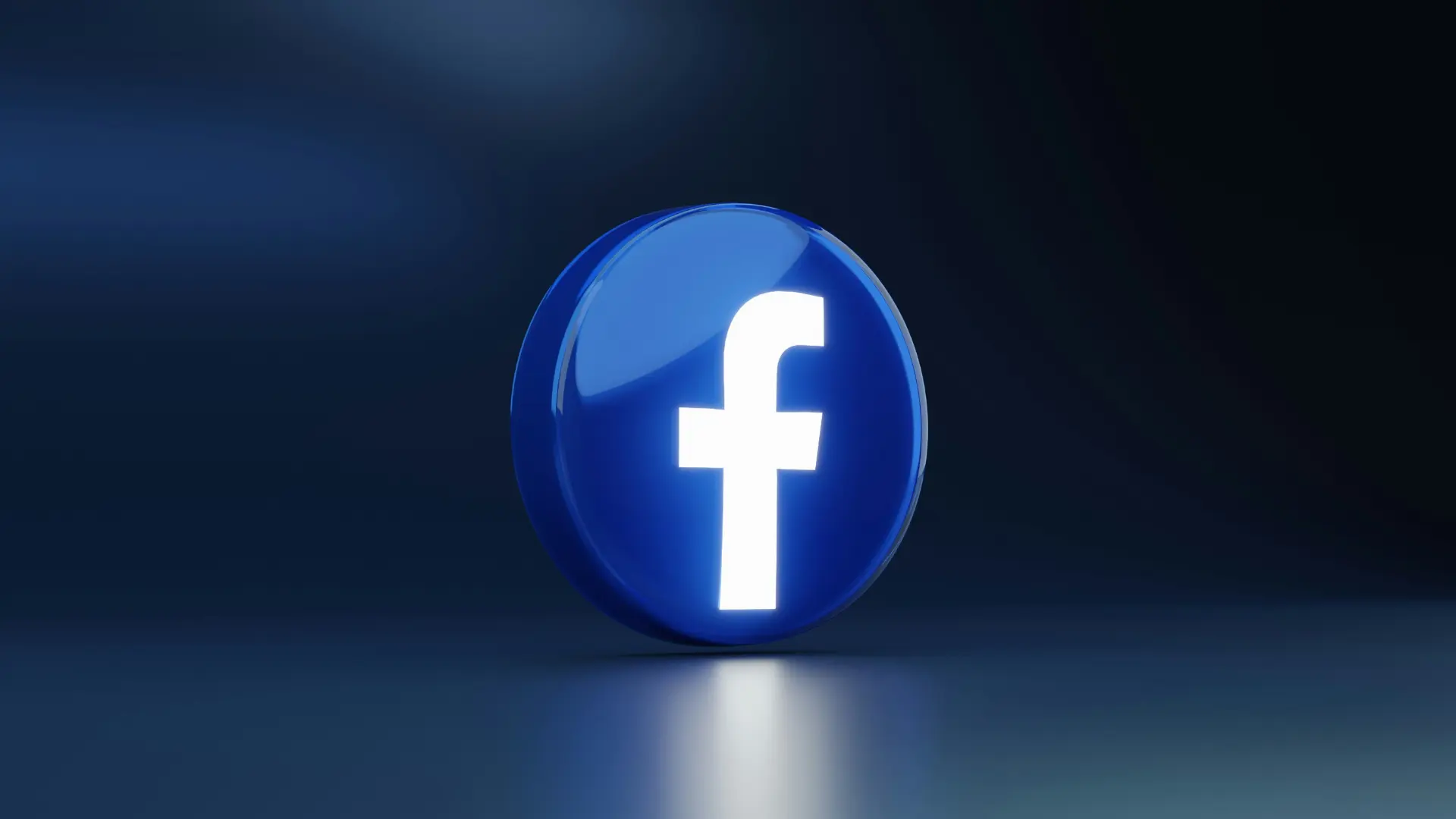Monopolies work – until they don’t
No-one can have failed to notice the six hour-long outage of three of the world’s largest platforms: Facebook, Instagram, and WhatsApp. Mark Zuckerberg lost $7 billion as Facebook stock plunged in the biggest outage for the site since 2008. Even before the outage, it was a tough month for the tech giant; on the same day, a whistleblower went on 60 Minutes to accuse Facebook of failing to adequately protect its users. Two weeks earlier, internal documents from Instagram revealed that the company is aware that the platform has detrimental effects on the mental health of teenage girls.
All our eggs in one basket
Negative press aside, the extended outage also had a massive impact on the millions of businesses that use Facebook’s advertising products every day. Analysis by Snopes suggested that the shutdown of Facebook, Instagram, and WhatsApp platforms meant an estimated loss of more than $645 million to the global economy. Facebook controls more than 80% of global social ad spending, 30% of mobile ad spending, and 20% of digital ad spend in general. Facebook and its services are no longer simply social media – they’re a vital part of our economic infrastructure, and Monday’s catastrophic blackout clearly illustrates the risk of putting all our proverbial eggs in one basket.
As of October 5th, all three platforms are back online. But how should businesses plan for the next time?
SMEs at risk from over-reliance on a single platform
As with any investment, a diversified portfolio helps to limit risk. While large multinationals typically purchase advertising from multiple publishers in a number of ways (programmatic, self-serve, white-glove), SMEs tend towards Facebook and Google as a straightforward and (usually) reliable advertising market. For such businesses, it’s worth considering a broader mix of publishers to buy ad space from.
Self-serve – an alternative solution
While Facebook was losing around $66 million in advertising revenue, other publishers were raking it in as usual. Platforms like Reddit, TikTok, Spotify, SoundCloud, Tripadvisor, and news publishers like The Atlantic, Bloomberg, News Corp, The Washington Post, and The New York Post have all embraced self-serve advertising in recent years.
Self-serve is essentially the same advertising sales model pioneered by Facebook and Google, where ad space is sold automatically on a Shopify-like platform. Brand-owned self-serve platforms offer first-party audiences (increasingly valuable as the cookie crumbles) and offer a far greater degree of control to the publisher. An advertiser might purchase ad space at Roku, Tripadvisor, and The New York Post – and if one goes down, they can quickly pivot their spending towards the others. If all their creatives, audiences and spending are directed at Facebook and that platform goes down again, that’s their entire advertising put on hold. Zero spend, zero conversions. By purchasing ads directly from multiple publishers, businesses protect themselves against being fully dependent on a single provider.
Facebook, Google and Amazon will remain vital tools for most businesses – that’s inevitable, as things stand right now. But relying exclusively on those solutions is a dangerous and short-sighted approach – and we’ve only just begun to see the downsides.
